Certificates of Analysis: Empower Product Testing
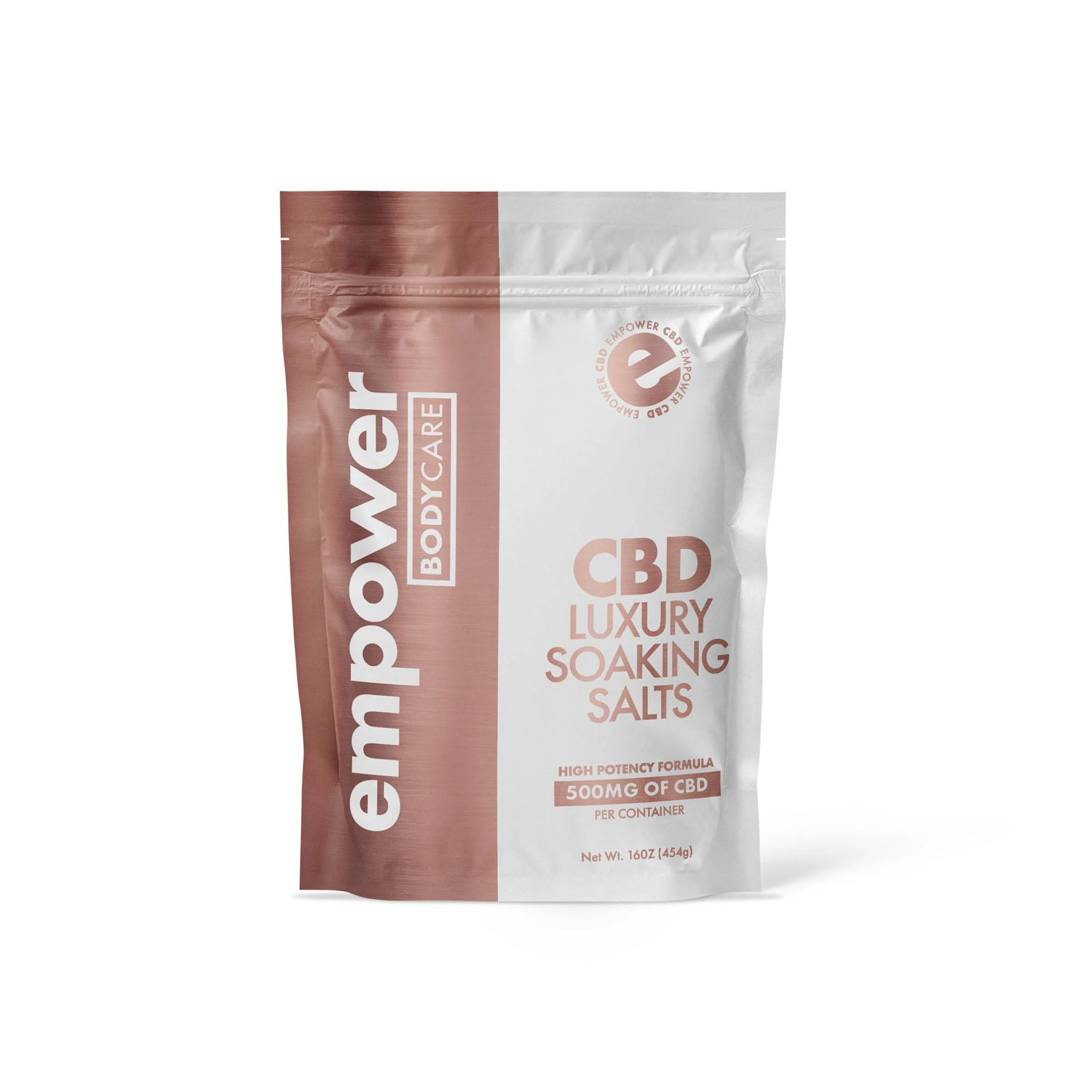
Empower® CBD Luxury Soaking Salts
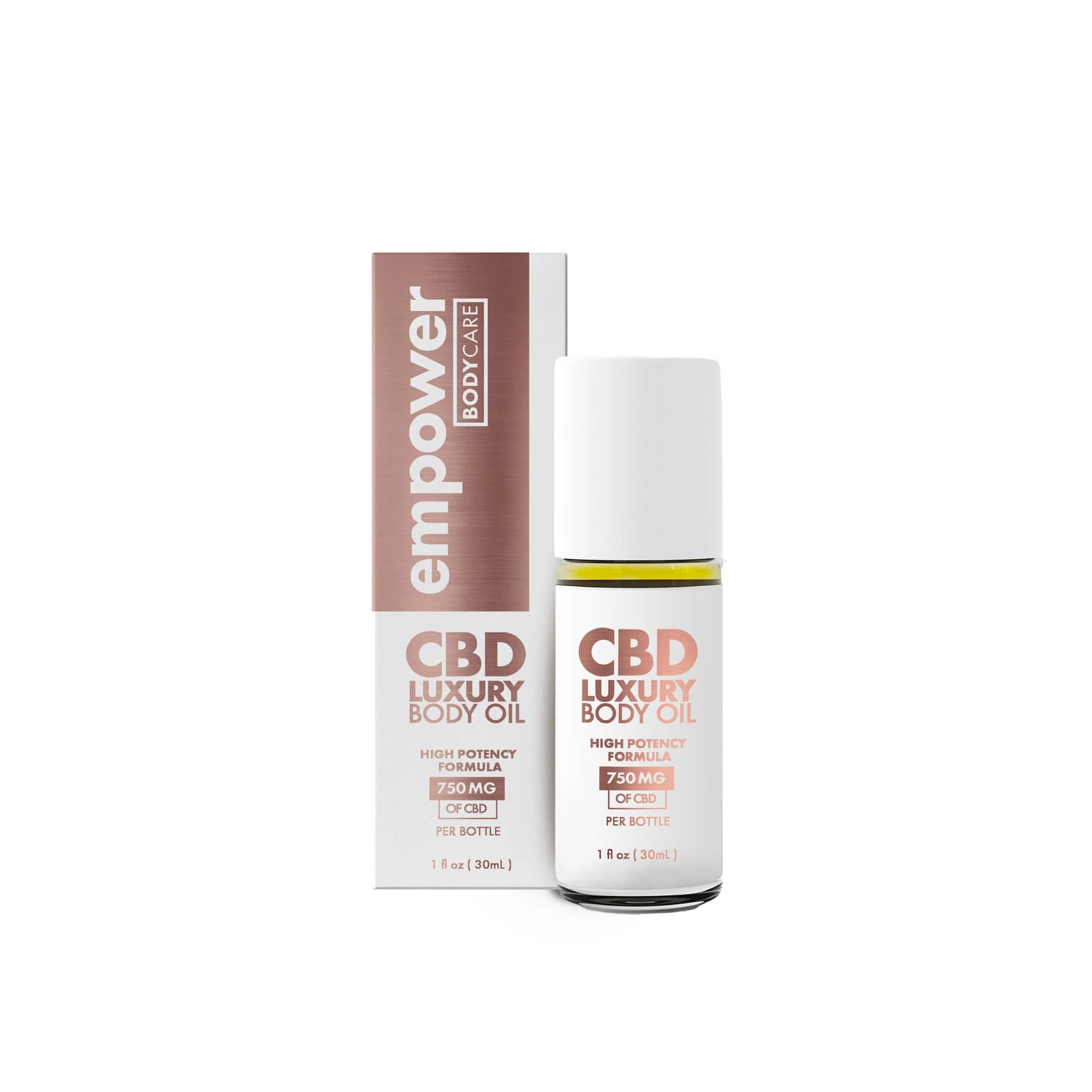
Empower® CBD Luxury Body Oil
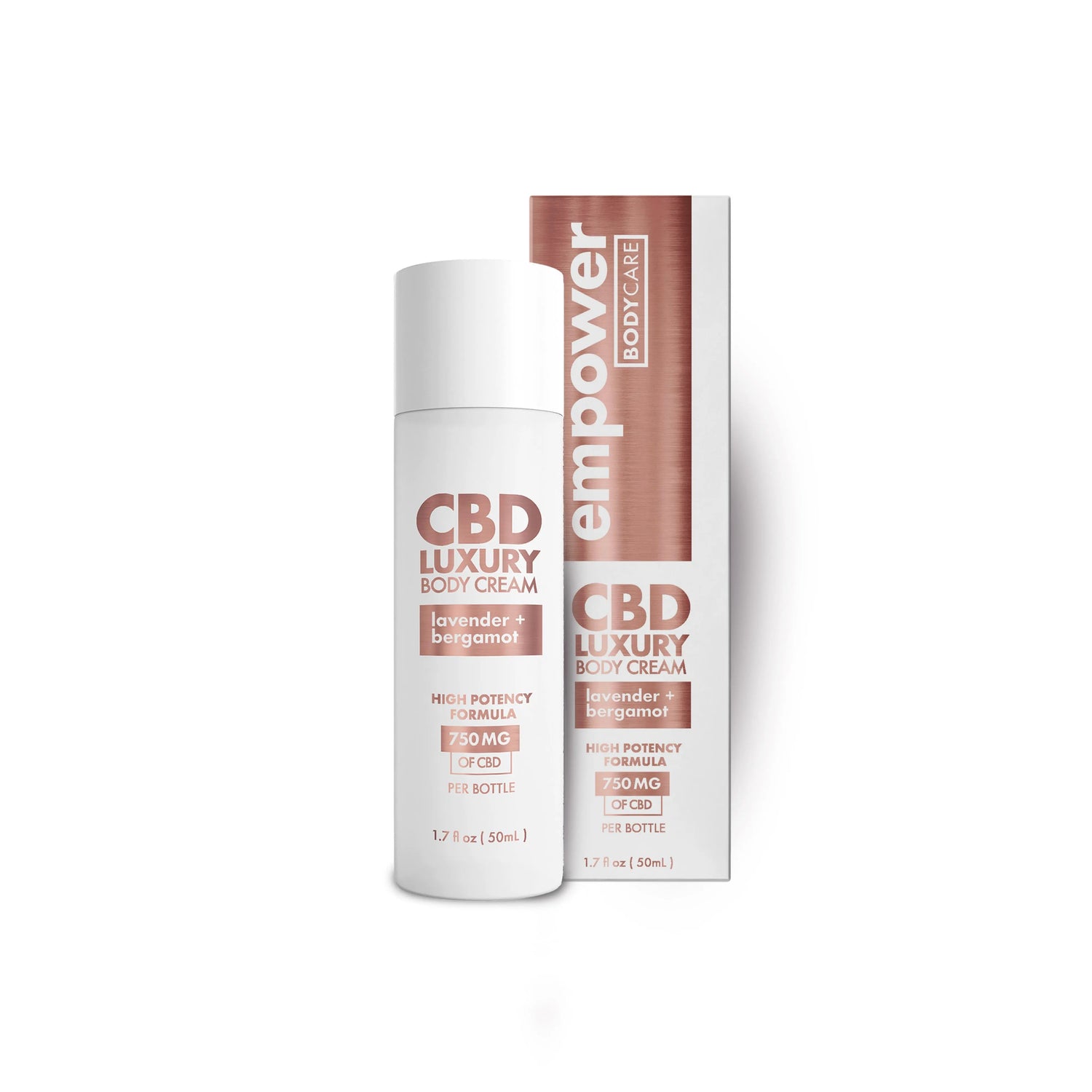
Empower® CBD Luxury Body Cream: Lavender + Bergamot
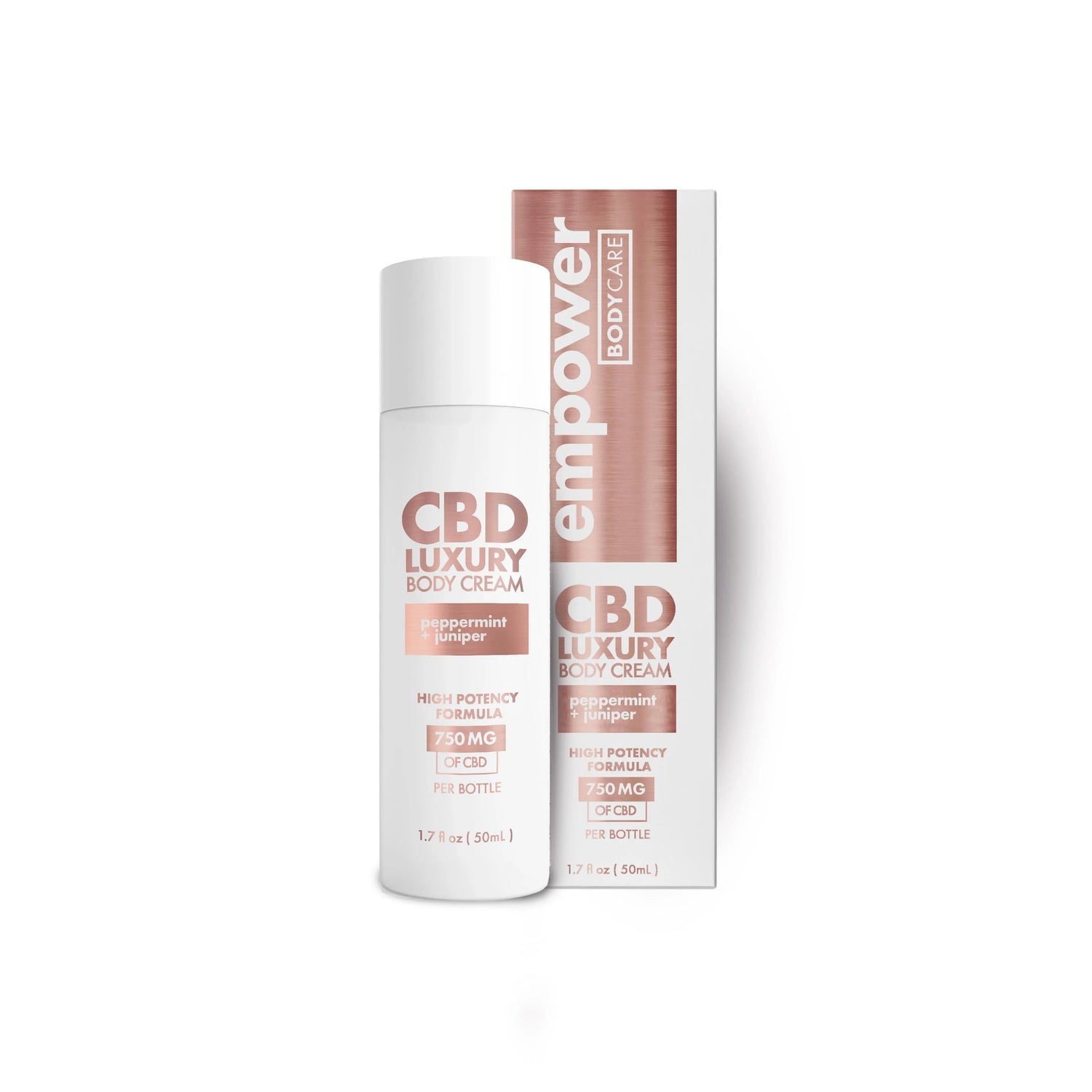
Empower® CBD Luxury Body Cream: Peppermint + Juniper
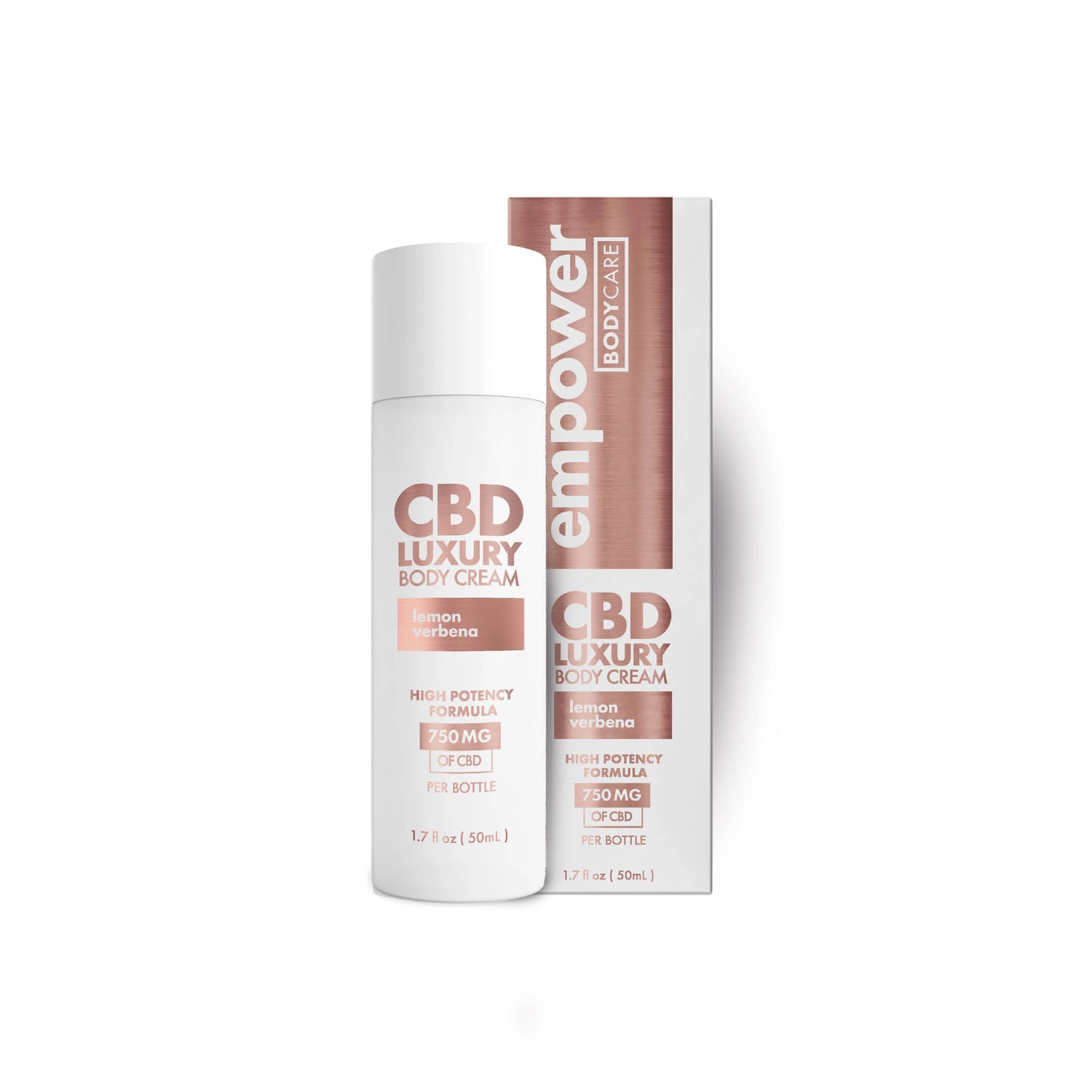
Empower® CBD Luxury Body Cream: Lemon Verbena
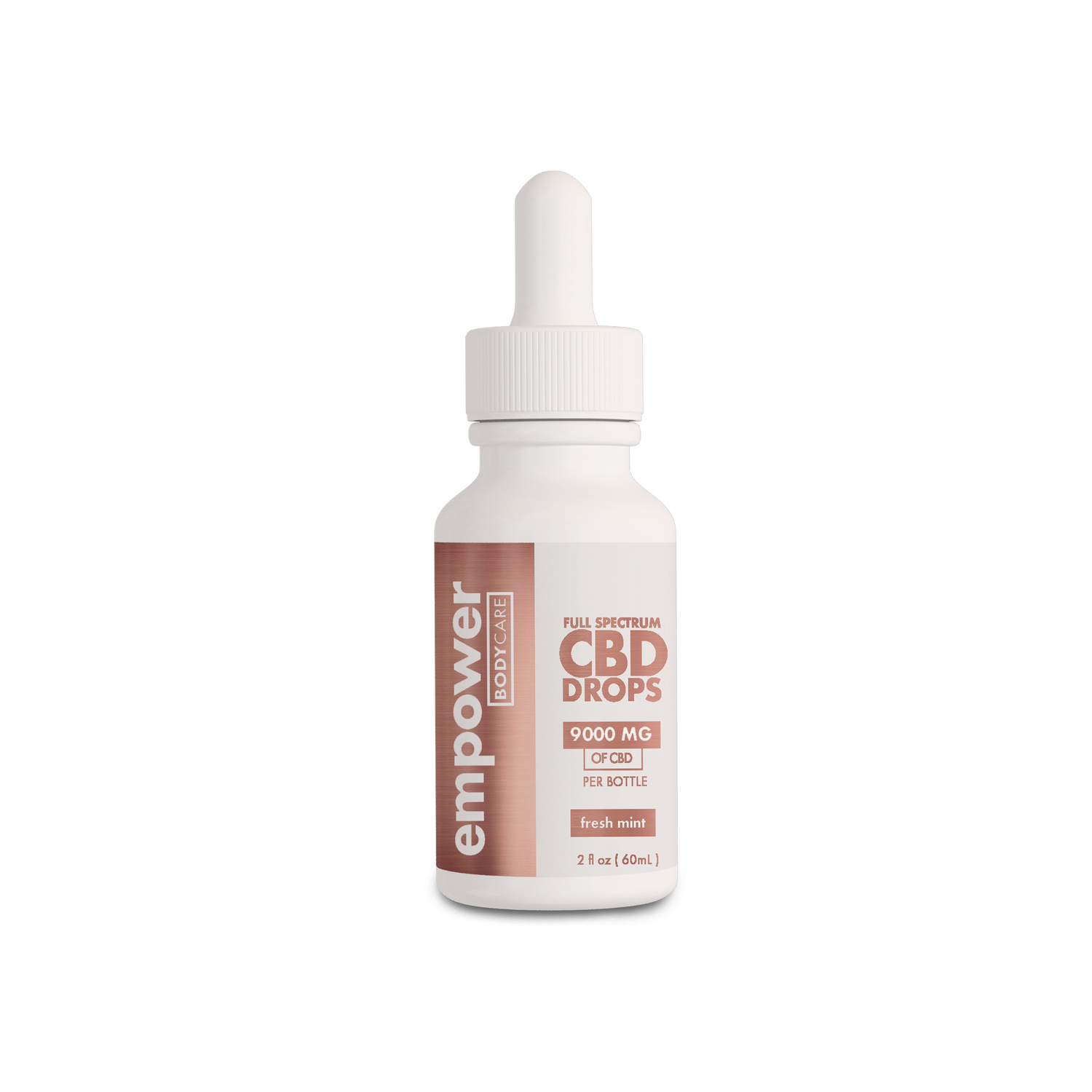
Empower® Full Spectrum CBD Drops: Fresh Mint Flavor
Understanding Certificates of Analysis
Certificates of Analysis (CoAs) are documents that attest to the quality, composition, and safety of a product. They are crucial for ensuring that products meet specific standards and are compliant with industry regulations. In many industries, including pharmaceuticals, food, and chemicals, CoAs are mandatory for legal distribution and consumer assurance. This article will delve into the importance, components, and applications of Certificates of Analysis, providing a comprehensive guide for professionals who need to understand their relevance.
The importance of Certificates of Analysis cannot be understated. They serve as a guarantee that a product has been tested and meets predetermined criteria, offering transparency and trust to all stakeholders involved. For manufacturers, CoAs help in verifying that raw materials meet necessary standards before production. This is essential in industries where the slightest deviation can result in significant safety hazards. Consumers, on the other hand, rely on these certificates for assurance that the products they are buying are safe and meet quality standards.
A typical Certificate of Analysis includes specific information about the product, such as its physical and chemical properties, purity levels, and any present contaminants. Testing laboratories perform various standardized tests to generate this data. The document usually specifies the methods used for these tests, the results obtained, and the date of testing. This level of detail ensures that anyone reviewing the certificate can understand the exact quality of the product.
In regulated industries like pharmaceuticals, CoAs are a requirement for every batch of product released to the market. They ensure that each batch complies with pharmaceutical standards that are often stringent and closely monitored by authorities worldwide. In the food industry, CoAs can help in tracing contamination sources when a product recall occurs. They provide a documented history of the product's quality, which can be crucial for legal and regulatory frameworks.
The creation and interpretation of Certificates of Analysis require expertise. Manufacturers often collaborate with accredited testing laboratories that have the necessary technological capabilities and ethical standards to conduct precise tests. This collaboration ensures the reliability of the CoA and, by extension, the product itself. For businesses, understanding how to read and utilize these certificates can lead to better decision-making and improved product quality.
In conclusion, Certificates of Analysis are foundational to industries where quality, safety, and compliance are non-negotiable. They provide a transparent, verifiable record that supports regulatory adherence, consumer trust, and product excellence. Understanding their components, importance, and applications can significantly benefit professionals across various sectors, ensuring that high standards are consistently maintained.
